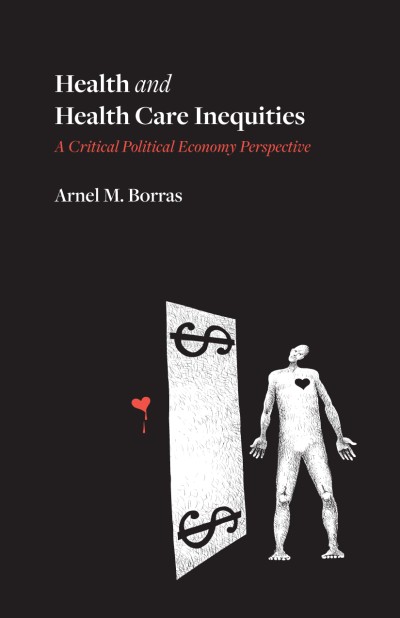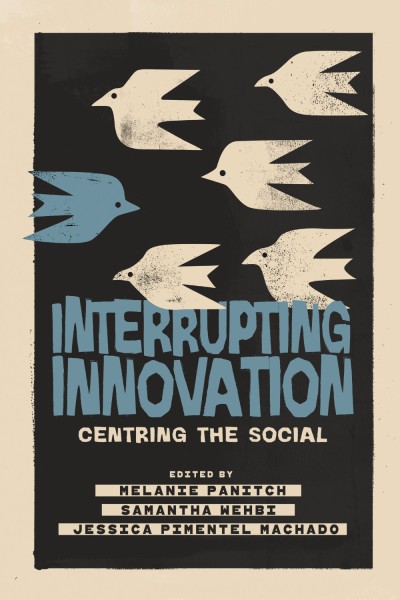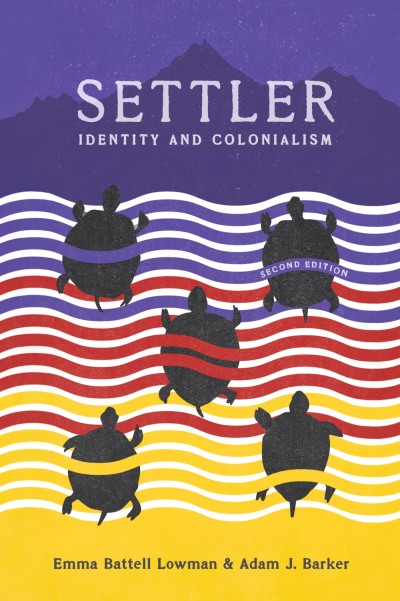
Walking This Path Together, 2nd Edition
Anti-Racist and Anti-Oppressive Child Welfare Practice
This updated edition provides special consideration to the historical and political context of child welfare in Canada. It offers theoretical ideas and concrete practices to those who seek anti-racist, anti-oppressive and anti-colonial perspectives on child welfare practice.
About the book
NEW: Third edition of this book is available now!
Walking This Path Together is an edited collection devoted to improving the lives of children and families that come to the attention of child welfare authorities by demonstrating and advocating for socially just child welfare practices. In this new, updated edition, authors provide special consideration to the historical and political context of child welfare in Canada and theoretical ideas and concrete practices that support practitioners, educators and students who are looking for anti-racist, anti-oppressive and anti-colonial perspectives on child welfare practice.
What people are saying
Cyndy Baskin, School of Social Work, Chair of Aboriginal Education Council, Ryerson University“This is a timely book as many child welfare agencies are beginning the journey of implementing an anti-oppressive framework into practice. With several chapters by Indigenous scholars, the plight of our children remains in the spotlight. An underlying message in this book is that if the challenges for Indigenous child welfare can be properly addressed, then those of all other marginalized populations will follow.”
Marlyn Bennett, Yellowquill College and the University of Manitoba“My students and I have found this text to be of particular importance because it has tremendous applicability to the field work and practicum experiences of Indigenous and non-Indigenous students who will one day work with Indigenous populations who are involved with the child welfare systems of this country.“
Dave Este, Faculty of Social Work, University of Calgary“Using anti-racist and anti-oppressive frameworks as guides, this book provides several strategies that if implemented would address the systemic and structural problems that plague child welfare practice.”
Contents
- Introduction: Anti-Racist and Anti-Oppressive Child Welfare (Susan Strega & Sohki Aski Esquao [Jeannine Carrière])
- Indigenous Children in the Centre: Indigenous Perspectives on Anti-Oppressive Child Welfare Practice (Kundoqk [Jacquie Green] & Qwul’sih’yah’maht [Robina Thomas])
- Meeting Here and Now: Reflections on Racial and Cultural Differences in Social Work Encounters (Donna Jeffery)
- Can Family Group Conferencing Engage Indigenous Families in Child Protection Work? (Tara Ney, Kinewesquao [Cathy Richardson] & Maureen Maloney)
- Race Matters: Social Justice not Assimilation or Cultural Competence (Sarah Maiter)
- Critical Well Being in Child Welfare: A Journey Towards Creating a New Social Contract for Black Communities (Nicole Bonnie & Gordon Pon)
- There Is No Anti-Oppression Without Service Users’ Voice (Gary Dumbrill & Winnie Lo)
- Preparing Social Workers to Support Métis Families (Kinewesquao [Cathy Richardson])
- Anti-Oppressive Approaches to Child Protection Assessment and File Recording (Michele Fairbairn & Susan Strega)
- Engaging Fathers in Child Welfare Practice (Christopher Walmsley, Leslie Brown, Susan Strega, Lena Dominelli & Marilyn Callahan)
- Taking Children’s Resistance Seriously: A Response-Based Approach to Children Experiencing Violence (Kinewesquao [Cathy Richardson] & Shelly Bonnah)
- Indigenous Families, Substance Use and Child Welfare (Charlotte Loppie & Bernie Pauly) • Creating Places of Belonging: Expanding Notions of Permanency with Indigenous Youth in Care (Sandrina de Finney & Lara di Tomasso)
- Towards Anti-Oppression in Indigenous Adoption (Otiskewa¯pit [Raven Sinclair] & Sohki Aski Esquao [Jeannine Carrière])
- Practising from the Heart (Sohki Aski Esquao [Jeannine Carrière] & Wa Cheew Wapaguunew Iskew [Carolyn Peacock])
- References
- Index






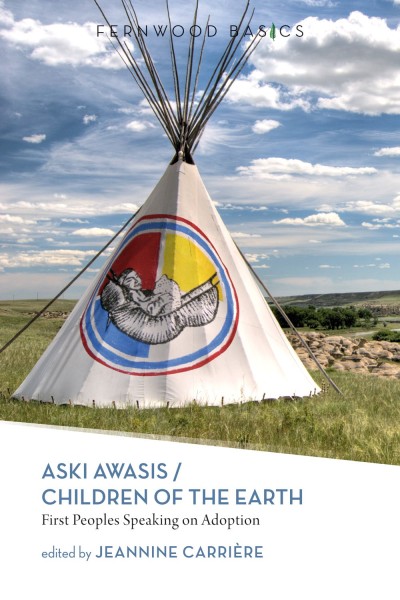
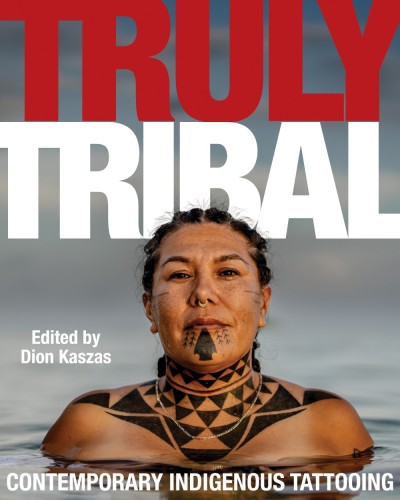
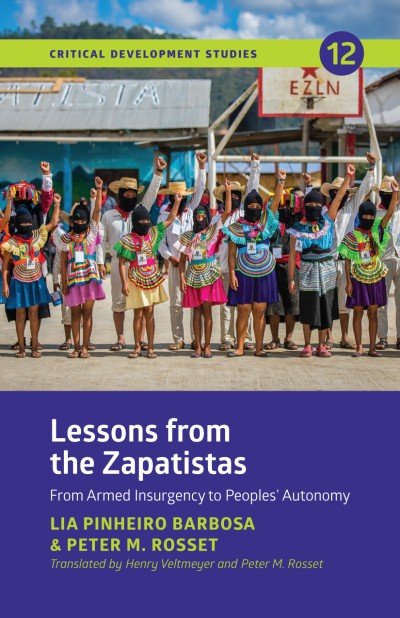
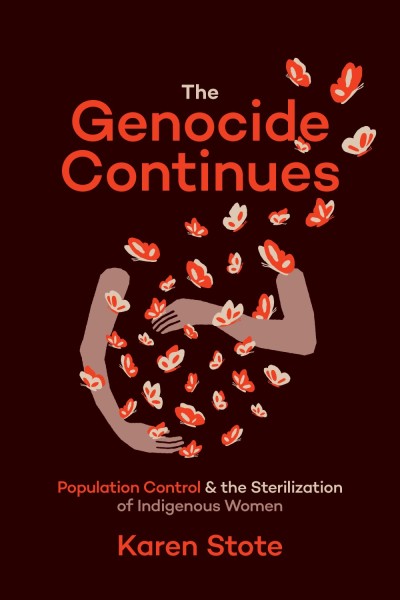
_cover-FINAL_400_600_90_s.jpg)
_cover_REV_400_600_90_s.jpg)

